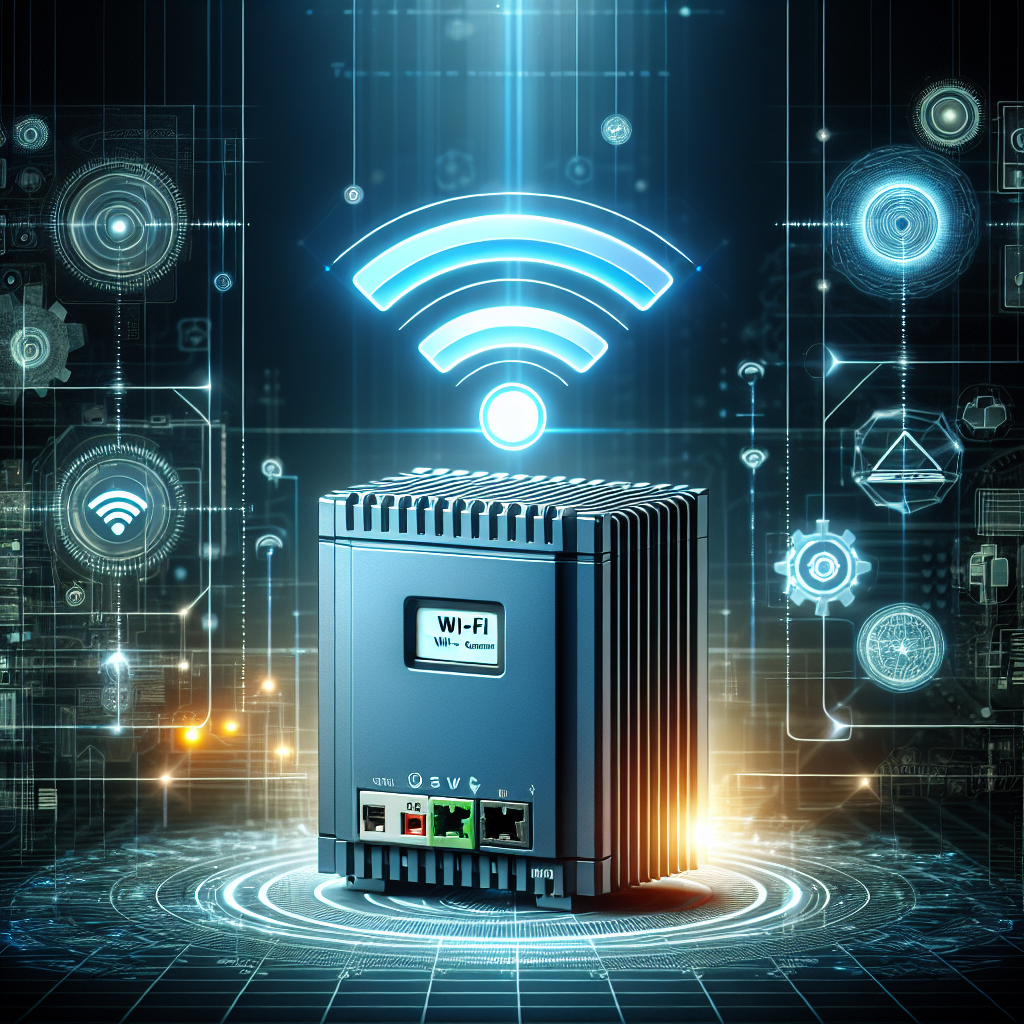Latest Trends in EV Charger Technology: What You Need to Know
As electric vehicles (EVs) rapidly gain traction in the automotive market, staying updated on the latest trends in EV charger technology is vital for both consumers and industry professionals. This article delves into the advancements and innovations shaping the future of EV charging.

1. Ultra-Fast Charging Solutions
One of the most significant trends in EV charger technology is the rise of ultra-fast chargers. These chargers can provide up to 350 kW of power, significantly reducing charging time. For instance, a typical ultra-fast charger can charge an EV battery to 80% in just 15-30 minutes, making long road trips more feasible for EV owners.
2. Wireless EV Charging
Wireless charging technology, also known as inductive charging, is gaining momentum. With the help of electromagnetic fields, EVs can be charged without the need for a physical connection. Companies like WiTricity and Mercedes-Benz are exploring this technology to create seamless charging experiences, especially in urban areas where plug-in charging may be less convenient.
3. Integration with Renewable Energy
With the increasing emphasis on sustainability, there is a growing trend toward integrating EV chargers with renewable energy sources, such as solar and wind power. Smart charging stations can optimize power usage by sourcing energy when demand is low or when there’s a surplus from renewable resources, thus minimizing the carbon footprint of charging EVs.
4. Smart Charging Infrastructure
The development of smart charging technology is revolutionizing how EV charging stations operate. These smart chargers can communicate with the grid to balance supply and demand, manage loads, and allow for scheduling charging during off-peak hours. Furthermore, they often come equipped with mobile apps that provide charging status, location tracking, and payment options, enhancing the user experience.
5. Vehicle-to-Grid (V2G) Technology
Vehicle-to-Grid (V2G) technology is another promising trend that allows EV batteries to not only draw power but also send it back to the grid. This capability can help stabilize the grid during peak demand times and allows EV owners to earn money by selling energy stored in their vehicles. Companies like Nissan and Honda are leading the way in integrating V2G technology into their EV models.
6. Enhanced Connectivity and Networked Charging Solutions
The integration of the Internet of Things (IoT) with EV charging stations is paving the way for enhanced connectivity. Networked charging solutions allow for better management, analytics, and efficiencies in charging station operations. Users can find available chargers in real-time, receive notifications about their EV's battery status, and even reserve charging slots via mobile applications.
7. Portable EV Chargers
Portable EV chargers are becoming increasingly popular among EV owners who require flexibility in charging options. These chargers offer convenience for users who may not have access to fixed charging stations. New advancements in battery technology have led to the development of lightweight, compact, and efficient portable chargers that can be stored in a vehicle and used whenever necessary.
8. The Rise of Fast-Charging Networks
As the number of EVs on the road increases, the demand for extensive fast-charging networks is vital. Companies like ChargePoint, Electrify America, and Ionity are expanding their networks to create a robust infrastructure that covers major highways and urban centers. This expansion not only provides EV owners with more charging options but also mitigates range anxiety, driving EV adoption further.
9. Accessibility and Inclusivity in Charging Solutions
Another critical trend focuses on making EV charging more accessible to all. Innovative designs are being adopted to create user-friendly charging stations, including features for people with disabilities and easy payment options. Furthermore, discussions about equitable distribution of charger installations in underserved areas are gaining attention, ensuring that all communities can benefit from EV technology.
10. Future of EV Charger Technology
The future of EV charger technology looks promising with continued advancements in battery technology, charging speed, and infrastructure development. As governments around the world enforce stricter emissions regulations and incentives for EV ownership become more attractive, the evolution of EV chargers will play a pivotal role in sustainability initiatives. Keeping abreast of these trends will not only benefit consumers and manufacturers but will also contribute to a greener planet.
New posts

Maximizing Your Savings: A Complete Guide to Rebates for Home EV Chargers
Home Improvement

How Often Do You Have to Charge an Electric Car? A Comprehensive Guide
Sustainability

Challenges in Urban EV Charging Infrastructure: A Deep Dive
Smart Cities

The Role of EV Charging in Urban Planning: A Sustainable Future
Sustainability

How EV Charging Supports Renewable Energy Integration
Electric Vehicles

How Cities Are Adapting to Electric Vehicle Charging: Innovations and Strategies
Sustainability

EV Charging in the Smart City Era: Revolutionizing Urban Mobility
Sustainability

The Future of EV Charging Stations and Smart Grid Integration: Transforming Energy Management
Sustainability

Comparing Wired and Wireless EV Charging Systems: A Comprehensive Analysis
Automotive

The Impact of EV Charging on Local Power Grids: Understanding the Challenges and Opportunities
Electric Vehicles
Popular posts

Exploring the Latest EV Charging Station Design Trends
Technology Trends

Insights from the Frontline: Interviews with EV Charging Industry Experts
Interviews
DIY Guide to Installing a Wallbox: A Step-by-Step Approach
DIY

The Future is Bright: EV Charging and Home Solar Panel Integration Explained
Home Improvement
How EV Charging is Set to Transform Mobility
Electric Vehicles

How Often Do You Have to Charge an Electric Car? A Comprehensive Guide
Sustainability

EV Charging Innovations from Around the World: Transforming the Future of Electric Mobility
Innovation

Guide to EV Charger Connectivity Options: Everything You Need to Know
Electric Vehicles

EV Charging in the Smart City Era: Revolutionizing Urban Mobility
Sustainability

Top Trends in EV Charging for 2025: What You Need to Know
Sustainability